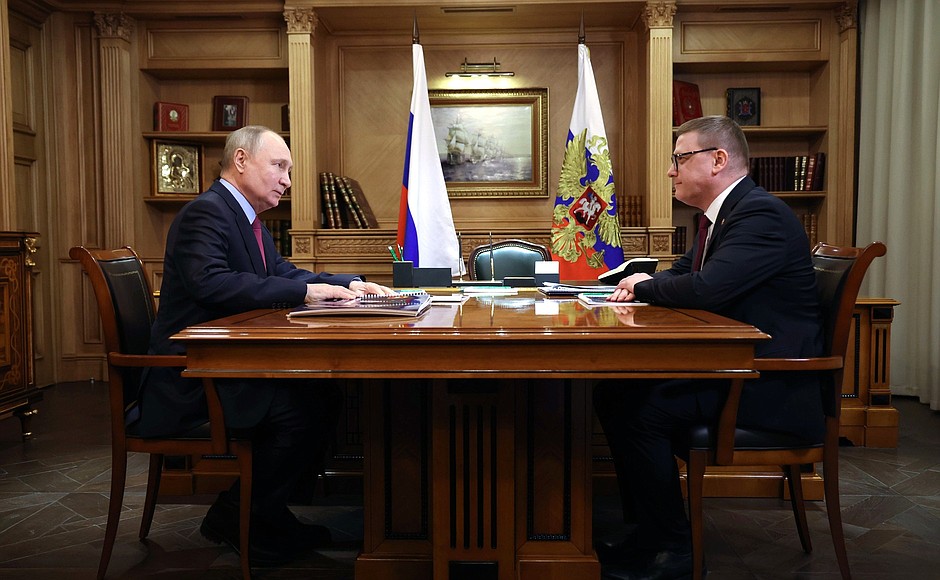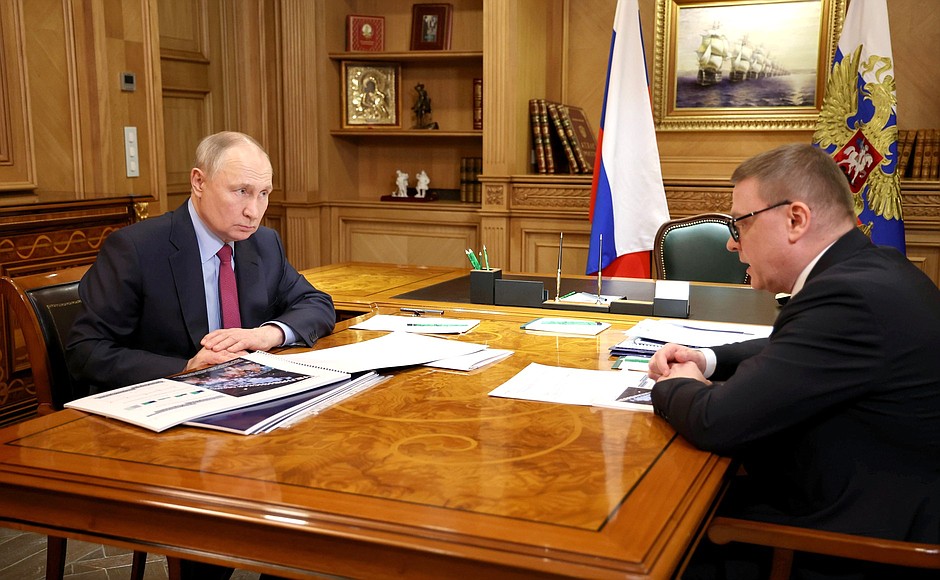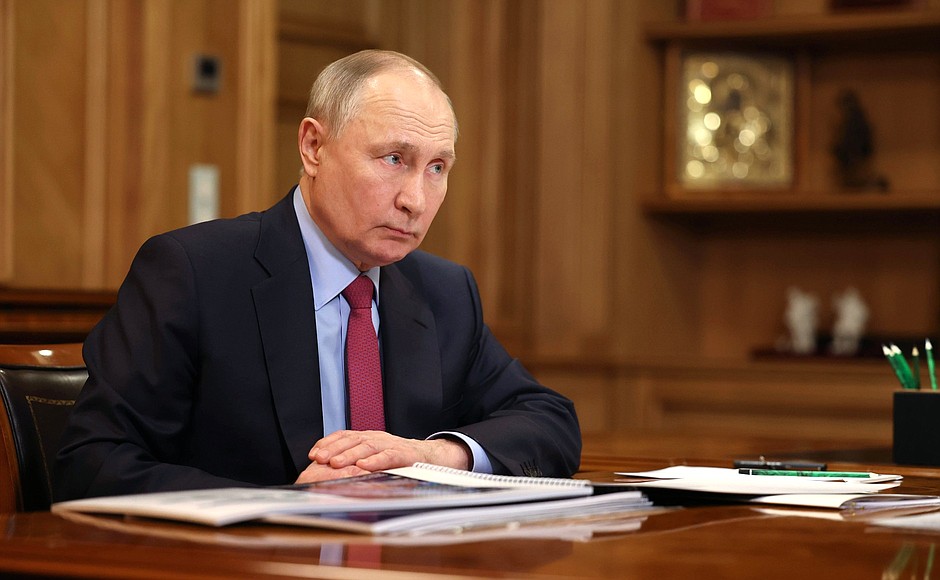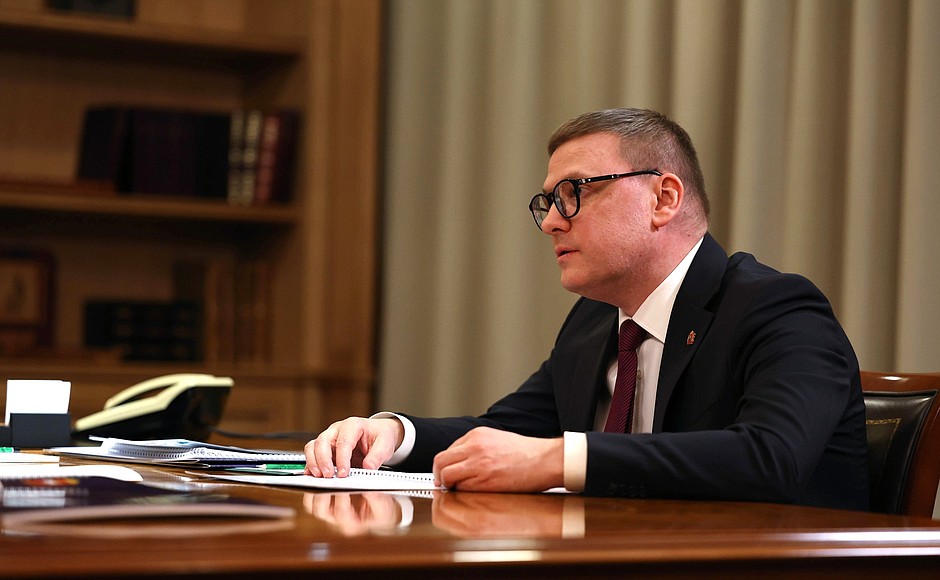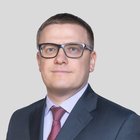Alexei Teksler began his report by citing key numbers and providing an overview of the region. Life expectancy is a measure of individual well-being. As of late 2023, the average life expectancy in the Chelyabinsk Region was 73.6 years. Since 2019, the birth rate has remained stable and now stands at 1.47. The number of families with three children is growing. As of the end of 2023, the mortality rate in the Chelyabinsk Region was at the lowest it has been in 30 years.
See also
Over the past five years, the social support in the region has exceeded 100 billion rubles from all sources.
Special attention is being paid to supporting veterans of the special military operation and their families. In addition to regional payments, there are benefits to support families, such as the waving of tuition fees, free mass transit services, transport tax subsidies, free connection to gas distribution network, and a number of others. Last year, a unique support and rehabilitation centre for veterans of the special military operations opened. It includes an Employment Centre, a Retraining Centre, training classrooms, psychological counselling rooms, and legal assistance.
The Governor highlighted healthcare matters. Over the past five years, 204 medical institutions have been overhauled as part of the federal programme. As many as 109 paramedic centres have been built. An infectious diseases hospital was built during the pandemic. A large-scale paediatric surgery project is about to take off. Additionally, the head of the region said that last year, 2.1 million square metres of housing were commissioned, 85 major sports facilities were built, 61 kindergartens were opened, 15 schools were constructed, with another 67 renovated.
The subject of individual incomes was touched upon as well. According to the Governor, last year wages grew by 16.6 percent and real wages grew by 10.1 percent, which is above the national average. The region boasts record-low unemployment numbers of 2.2 percent. The number of people living below the poverty line has decreased by 2.4 percentage points.
Industrial output is anticipated to grow by 10.8 percent, and the manufacturing industry by 13 percent. The GRP is expected to grow by 7.8 percent as of the end of 2023. Additionally, a 15 percent increase in investment is expected in 2023 compared to 2022. Environmental programmes are overseen separately with the goal of achieving emission levels specified by the presidential executive orders.
Alexei Teksler also spoke about several interesting investment projects, such as Modern Glass, an enterprise that produces architectural insulated glazing units with a height of 12 metres and a width of up to 3.3 metres. The next goal is an 18-metre unit. Another project is a pedigree breeding unit for domestic selection of chicken eggs, up to three million eggs from the parent flock, which replaces imported genetic material. Also, the Sinara project was launched to manufacture trolleybuses and electric buses.
Transport capacities between Yekaterinburg and Chelyabinsk are being developed; a four-lane road was completed last year. It is planned to create a metro tram with completion of this project in 2026. At the airport in Magnitogorsk, repairs of the runway have been completed, and construction of a new terminal is beginning.
The Governor also presented a unique facility: the largest church under construction today – a cathedral in Chelyabinsk. It’s already completed on the outside.
Alexei Teksler also recalled a problem with large metallurgic production site: Chelyabinsk Electrometallurgical Plant. The agreement signed with shareholders in 2019 to reduce emissions is not being fully implemented. Today, the prosecutor’s office is filing a claim against the plant’s owners for non-fulfilment of various obligations.
The President confirmed that he knows about this problem and believes that this harmful production needs to be moved outside the city. The region needs to cooperate with the Government of the Russian Federation and come up with a solution for the continuation of operations at the plant, preservation of jobs, and for the part that will be associated with moving and organising operations at a new technological level, to attract, with the support of the Government, investors, preferably local ones.
The Governor also asked that social facilities important for the city be moved off the enterprise’s books. These include a swimming pool and a historical shopping centre: a unique building that belongs to the same owners, it will be used for city residents’ needs.
Vladimir Putin stressed that all property must become state property and that some of these facilities – hazardous production, as agreed – should be moved outside the city boundaries, while social facilities should be transferred to the ownership of the region.
